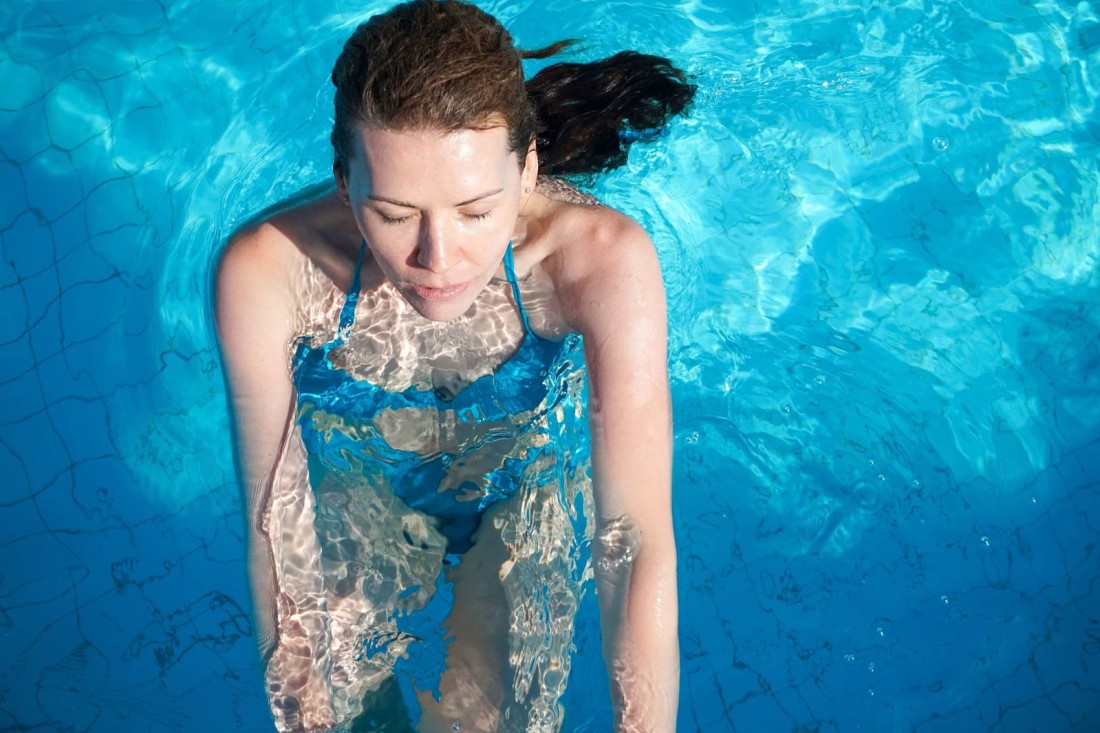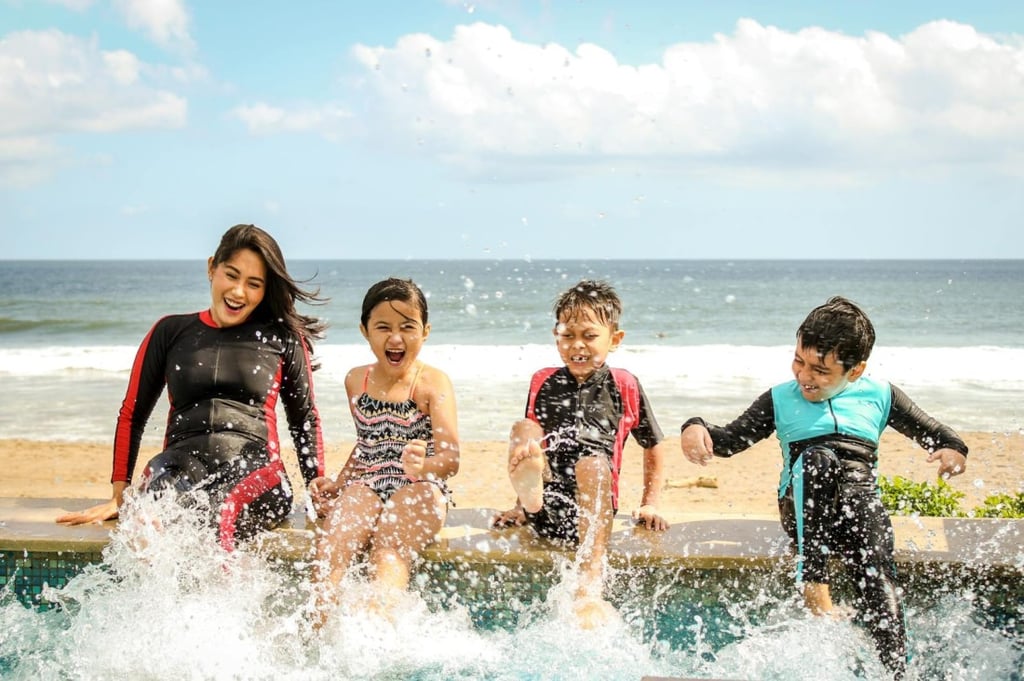

99TravelSafe.com
The Website For The Smart and Savvy Traveler
38 - Swimming - Safety and Precautions!
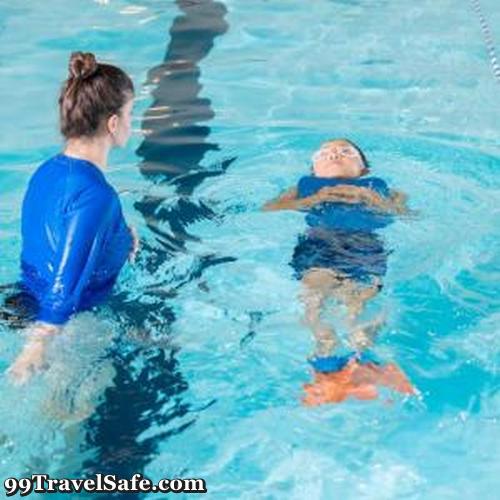

Swimming - Safety and Precautions!
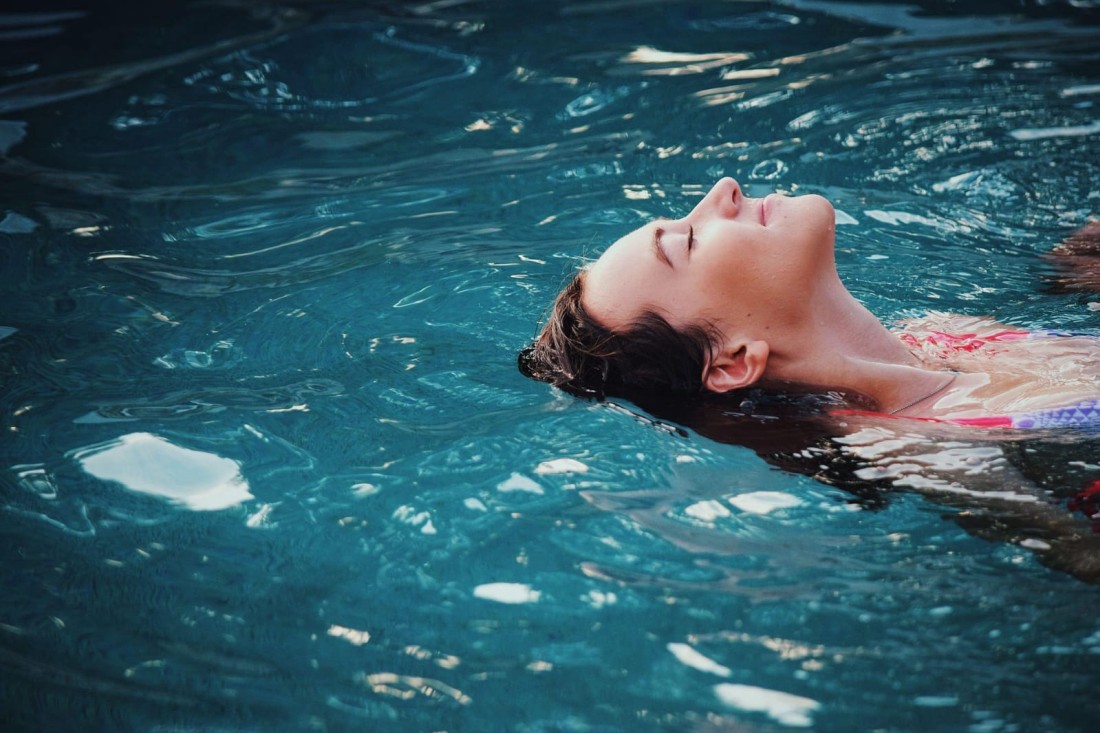

ALWAYS swim with someone - NEVER swim alone!
Swim in areas supervised by a lifeguard
Read and obey all rules and posted signs
Children or inexperienced swimmers should take precautions, such as wearing a personal floatation device when around the water
Come out of the water if you are too tired, too cold, too far from safety, if there is too much sun, if there is too much strenuous activity
Set water safety rules for the whole family based on swimming abilities (for example, inexperienced swimmers should stay in water less than chest deep)
Be knowledgeable of the water environment you are in and its potential hazards, such as deep and shallow areas, currents, depth charges, obstructions and where the entry and exit points are located. The more informed you are, the more aware you will be of hazards and safe practices
Pay attention to local weather conditions and forecasts. Stop swimming at the first indication of bad weather


Swimming - Safety and Precautions!


Mostly use a feet-first entry when entering the water
Enter headfirst only when the area is clearly marked for diving and has no obstructions!
Do not mix alcohol with swimming, diving or boating
Alcohol impairs your judgment, balance, and coordination, affects your swimming and diving skills, and reduces your body's ability to stay warm
Know how to prevent, recognize, and respond to emergencies!
It may be possible to revive a drowning victim who has been under water for considerable time and shows no signs of life
Numerous documented cases exist where victims have been resuscitated with no apparent harmful effects after long immersions. Start CPR (Cardio Pulmonary Resuscitation) immediately and get the victim to the hospital as soon as possible
Pay close and constant attention to the children you are supervising, even when a lifeguard is present, no matter how well the child can swim or how shallow the water is. Avoid distractions including cell phones
Never leave a young child unattended near water and do not trust a child’s life to another child; teach children to always ask permission to go near water
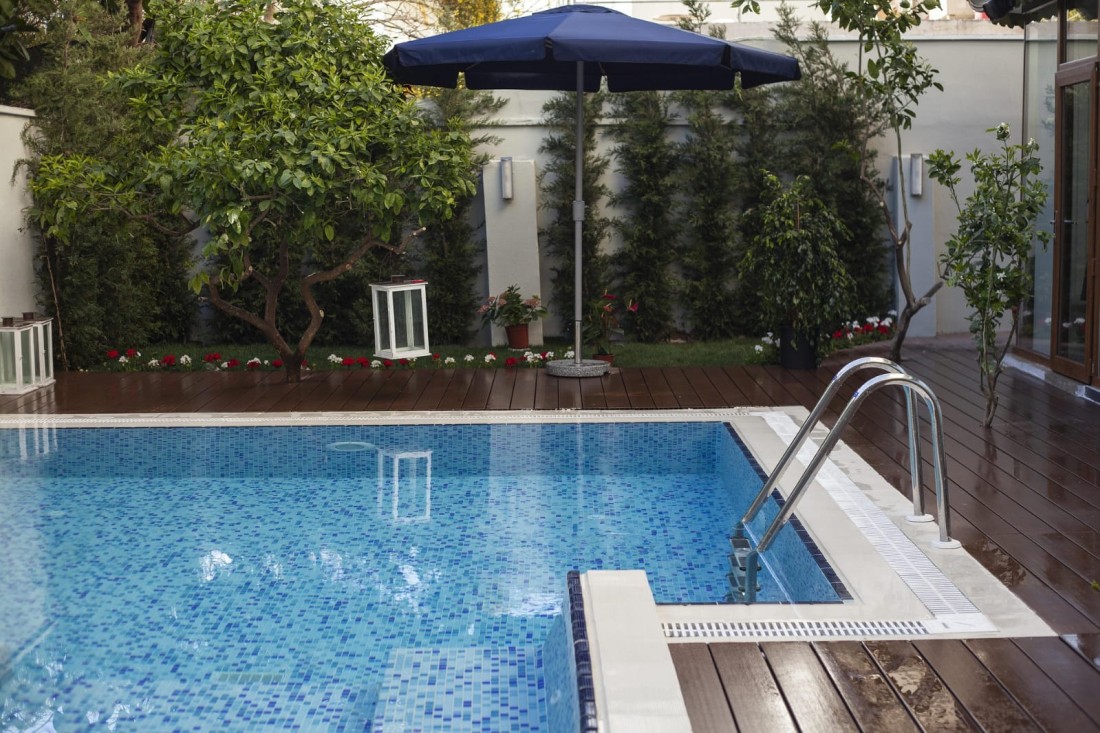

Swimming - Safety and Precautions - A Summary!
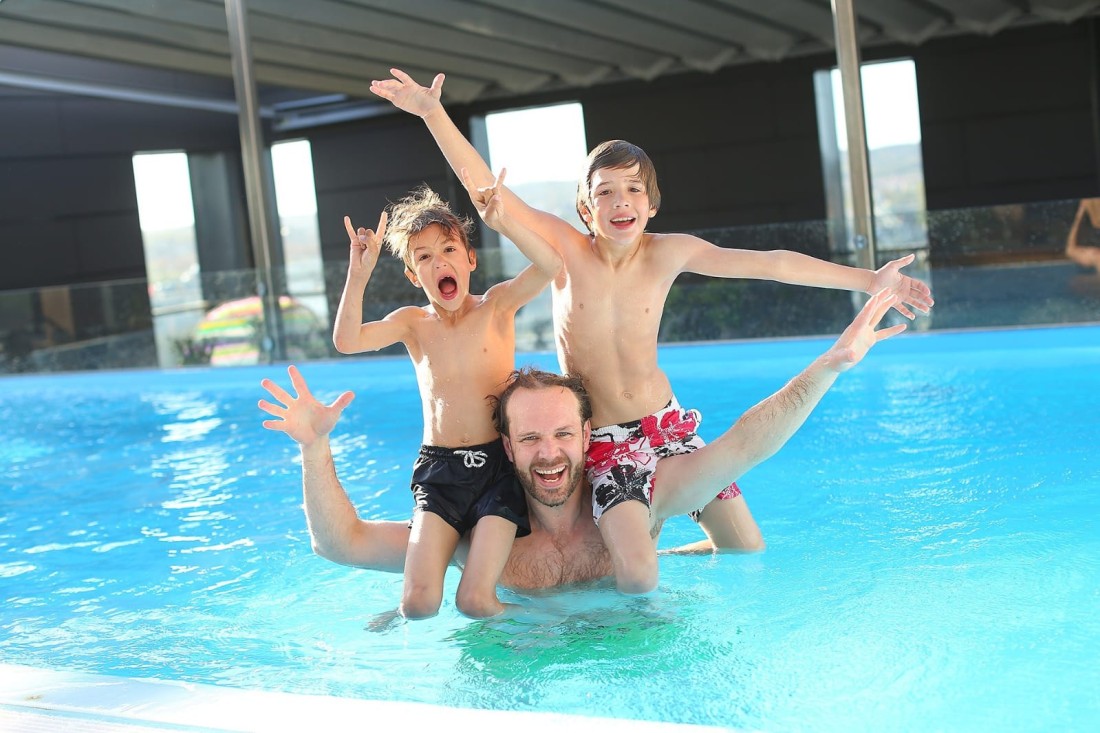

To swim safely, always swim with a buddy and under the supervision of a lifeguard or water watcher, learn to swim, and avoid running on slippery surfaces or diving in shallow areas. Read and obey all safety signs, be aware of the conditions in natural bodies of water like currents and hazards, and never swim under the influence of alcohol. For children and weak swimmers, use a Coast Guard-approved life jacket and keep them within arm's reach
Before Entering The Water
Learn to Swim:
This is a fundamental skill for everyone, but especially for children
Take Lessons:
Enroll in swim lessons to build confidence and learn water survival skills
Be Prepared for Emergencies:
Learn CPR and basic water rescue skills to respond safely in an emergency
Learn about Water Conditions:
Understand the unique hazards of open water, such as currents, cold temperatures, and murky water, and be aware of pool drain dangers
Wear a Life Jacket:
For boating and for weak or inexperienced swimmers, a properly fitting life jacket is essential
Secure Your Pool:
If you have a home pool, ensure it is secured with appropriate barriers to prevent unsupervised access
At the Swimming Area
Never Swim Alone:
Always use the "buddy system" or swim near lifeguards and other swimmers
Supervise Others:
Designate a "water watcher" to provide constant, undistracted attention to children
Read the Signs:
Follow all posted safety signs, especially warnings about areas being unsafe for diving
Walk, Don't Run:
The pool deck is slippery; walk carefully to avoid slips and falls
Enter Feet First:
Always enter unknown or shallow water cautiously to avoid hitting your head on unseen obstacles
Be Aware of Your Abilities:
Don't go farther or deeper than you are comfortable with
During Your Swim
Stay within Your Limits:
Swim in areas where you feel comfortable and can handle the conditions
Be Aware of Drains:
Steer clear of pool drains and report any damaged or missing covers to a lifeguard
Avoid Rough Play:
Discourage dangerous games, such as hitting the wall or roughhousing
Stay Sober:
Never swim or supervise others while under the influence of alcohol, as it impairs judgment.
Don't Play Breath-Holding Games:
These can lead to unconsciousness and drowning
